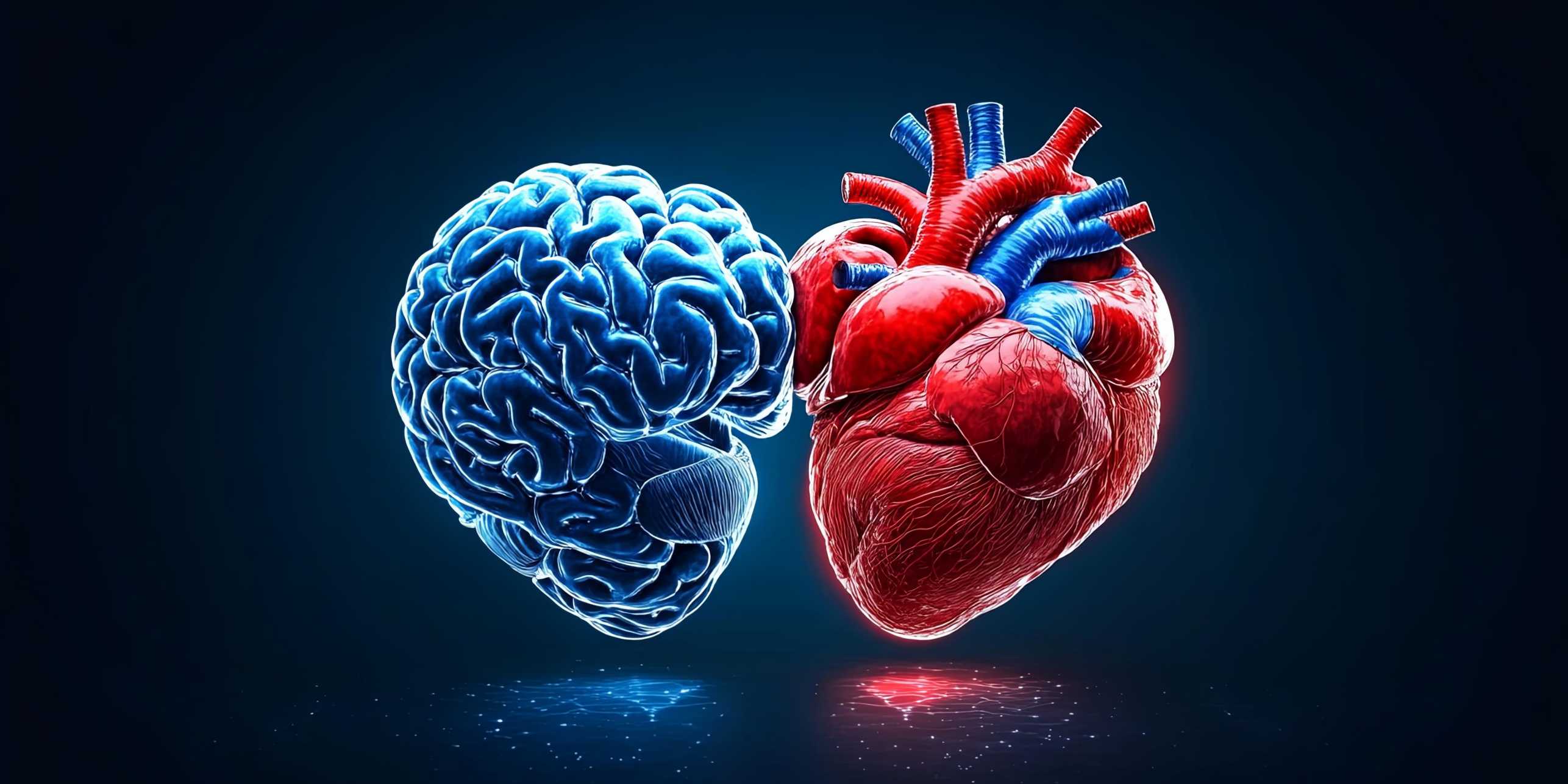Wearable Medical AI

The demand for the miniaturization of bio-sensing and mobile health technologies requires extensive research into machine learning methods suitable for handling large scale noisy data from such wearable devices.
We develop machine learning models tailored for functional textiles, wearable, and point-of-care sensing applications. We design algorithms capable of processing and interpreting noisy signals, enhancing data reliability, and improving predictive accuracy in real-world conditions.
Glucose prediction
Prediabetes is a growing global health concern, often progressing silently before developing into type 2 diabetes. Early detection is crucial for timely intervention and prevention. Wearable devices offer a non-invasive, continuous monitoring approach, but the challenge lies in effectively processing and interpreting their noisy physiological data. The project aims to evaluate the effectiveness of wearable technology in identifying early physiological markers related to prediabetes. Our main goal is to study the feasibility of wearable devices for generating interstitial glucose signals using generative AI with the purpose of predicting hypo- and hyperglycemia episodes.

Predicting neurological recovery post cardiac arrest
Predicting the outcome of comatose cardiac arrest patients requires timely and reliable methods to support clinical decision-making. Traditional prognostic techniques, such as visual inspection of electroencephalography (EEG) by a physician, are limited by subjectivity, leading to potential bias and inconsistent results. Machine learning methods offer the opportunity to enhance predictions by integrating both ECG cardiac data and EEG brain data. The goal of this project is to develop novel neural-network approaches to predict the cerebral performance category of such patients, ultimately using data from wearable devices.
Contact: Dr. Corin Otesteanu